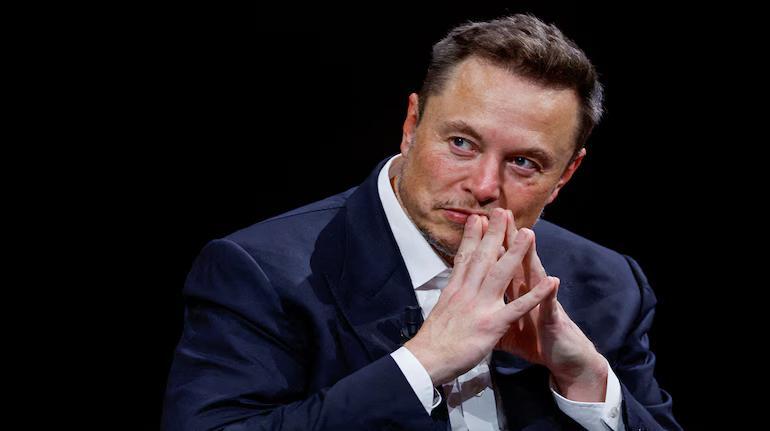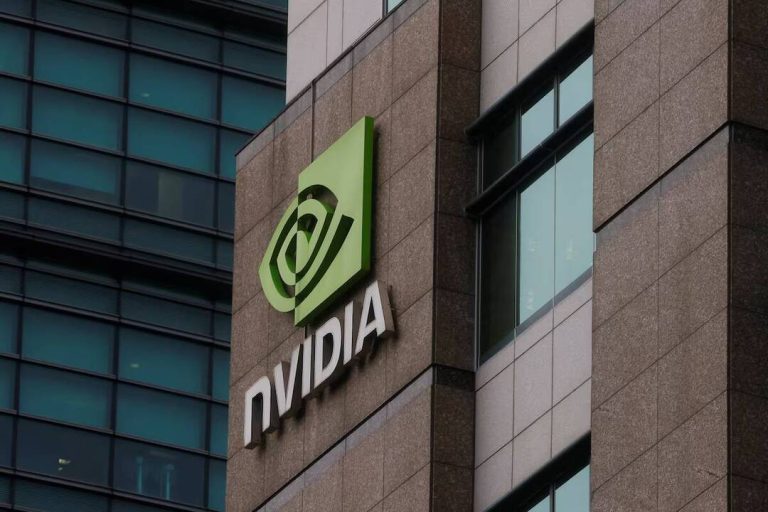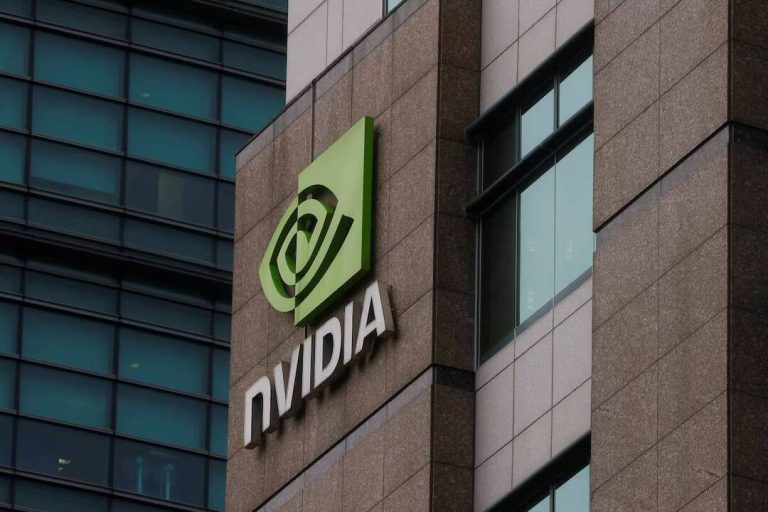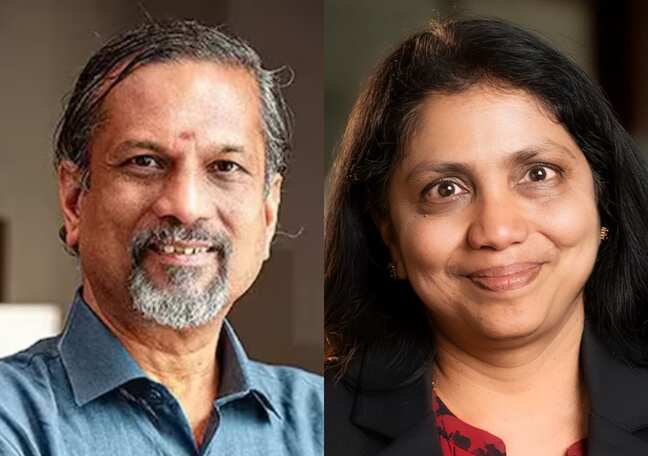
Poverty an engineering issue, AI & humanoid robots will end it: Musk
The world has been grappling with the issue of poverty for centuries, with various approaches being taken to tackle this complex problem. However, according to billionaire and xAI CEO Elon Musk, the solution to poverty lies in engineering, specifically in the development of artificial intelligence (AI) and humanoid robots. Speaking at the US-Saudi Investment Forum, Musk opined that poverty is an engineering issue, and that AI and humanoid robots will be the key to eliminating it.
Musk’s statement may seem radical, but it is rooted in his vision of a future where technology has advanced to the point where money is no longer a relevant concept. According to him, as AI and robotics continue to advance, they will be able to provide for all of humanity’s basic needs, making poverty a thing of the past. This may seem like a utopian dream, but Musk is convinced that it is a achievable goal, and that AI and robotics are the only way to make everyone wealthy.
The idea that poverty is an engineering issue is an interesting one. Traditionally, poverty has been viewed as a social and economic problem, with solutions focusing on issues such as education, job creation, and social welfare programs. However, Musk’s perspective suggests that the root cause of poverty is not a lack of resources or opportunities, but rather a lack of technological advancement. By developing AI and humanoid robots that can provide for basic needs such as food, shelter, and healthcare, Musk believes that we can create a world where everyone has access to the resources they need to thrive.
One of the key benefits of using AI and robotics to address poverty is that it has the potential to be highly scalable. Traditional anti-poverty programs often rely on human labor and resources, which can be limited and expensive. In contrast, AI and robotics can be designed to operate at a much larger scale, providing services to millions of people at a fraction of the cost. Additionally, AI and robotics can be designed to be highly efficient, reducing waste and improving the overall effectiveness of poverty reduction programs.
Another advantage of using AI and robotics to address poverty is that it has the potential to be highly personalized. Traditional anti-poverty programs often take a one-size-fits-all approach, providing the same services and support to everyone. In contrast, AI and robotics can be designed to provide tailored support to individuals, taking into account their unique needs and circumstances. For example, an AI-powered chatbot could provide personalized financial advice to individuals, helping them to manage their finances and make informed decisions about their economic well-being.
Musk’s vision of a future where AI and robotics have eliminated poverty is not without its challenges, however. One of the key concerns is the potential for job displacement, as AI and robotics take over tasks that were previously performed by humans. This could lead to significant social and economic disruption, particularly in industries where jobs are already scarce. Additionally, there are concerns about the potential for AI and robotics to exacerbate existing social and economic inequalities, particularly if access to these technologies is limited to certain segments of the population.
Despite these challenges, Musk remains optimistic about the potential for AI and robotics to eliminate poverty. He believes that the benefits of these technologies far outweigh the risks, and that they have the potential to create a world where everyone has access to the resources they need to thrive. As he stated at the US-Saudi Investment Forum, “AI and robotics are the only way to make everyone wealthy… As AI and robotics advance, money will eventually stop being relevant in the future.”
In conclusion, Elon Musk’s statement that poverty is an engineering issue, and that AI and humanoid robots will eliminate it, is a bold and thought-provoking one. While there are certainly challenges to be addressed, the potential benefits of using AI and robotics to address poverty are significant. As we move forward into a future where technology is increasingly advanced, it is clear that we will need to rethink our approach to poverty reduction, and consider the potential for AI and robotics to play a key role in creating a more equitable and prosperous world for all.





